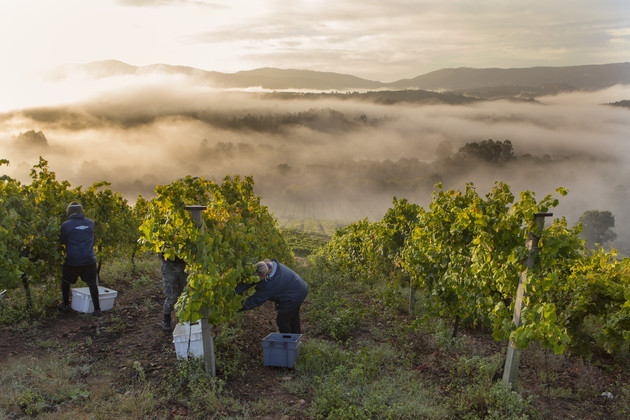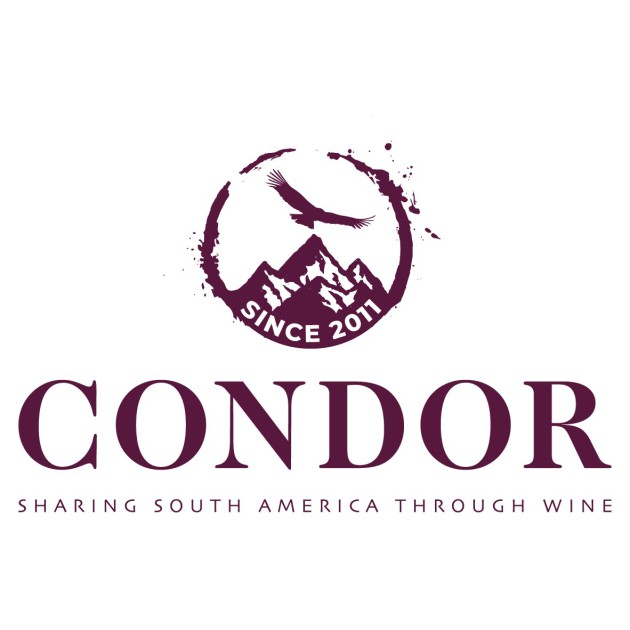
Spain now has confidence to ‘walk naked in the street’
Champions of Spain’s diversity articulate a wine scene that has for some time been generating excitement, revealing an increasingly compelling collective offer, with individuality, accessibility and sense of place to the fore. The country has been dubbed by some as the ‘New World of the Old’, in recognition of its ongoing innovation.
However, much of this evolution is rooted in a return to older traditions, encompassing indigenous varieties, old vines, recognition of sense of place and yet with a modern freshness and restraint to the wines. The question now is how Spain now builds upon this recent legacy.
This was the subject of Harpers insightful The Future of Spanish Wines webinar, in partnership with Foods and Wines from Spain, which brought together leading Spanish producers and UK trade to discuss the trends that are shaping Spain’s future. And ahead of a full write-up in our April issue, we’ve brought you some of the key points to whet your appetite for more.
Winemaker Manuel Cantalapiedra of Cantalapiedra Viticultores insisted that Spain should focus on “quality, quality, quality”, eschewing the vagueries of fashion to instead mine its wealth of vinous resources and ensure “consistency of identity”.
“We need to find our own path, we cannot change our style every 20 years following the fashion or style that the consumers want at the moment,” he said.
“And we need wine at a [certain] price. It’s seen as a problem in Spain, we come from the cheapest wines and now we have more and more producers that have €200, €300 wines – what we need is something in the middle, a really strong middle price-for-quality wines.”
The nature of those mid-ground wines was clear in the minds of the panel too.
“It’s focused on not just indigenous varieties, but also traditional viticulture, doing things the old-fashioned way and producing wines of quality and distinction,” said Victor Ordóñez of Bodegas Jorge Ordóñez.
Ordóñez added that it is important to have an international perspective with regard to the quality of wines globally, while “applying that knowledge to indigenous varieties, old vineyards and traditional viticulture”.
This proved a popular point with the panel, with Jorge Méndez of Bodegas Viñatigo agreeing.
“It’s important to have focus, identity, and you need to believe in what you are making, to defend the style of the wines you are making, the grape varieties you have and the places you have,” he said. “And to humanise – wine is also about history, about culture and identity, this is important.”
This led Alliance Wines’ Paul Shinnie to one of the more memorable quotes of the debate, perhaps best summing up where Spain is at and where it can now go.
“As a newer generation have built on the sterling work that their predecessors have done, they are finding their confidence to try and define wines from their origin, with their grapes and their flavours – they have the confidence to walk naked in the street,” said Shinnie.
He qualified this arresting image as “not relying on that old Spanish flavour of oak and vanilla… to deliver wines that are fresh and vibrant; not necessarily what the UK consumer has traditionally enjoyed [from Spain], but leading us down a more exciting path.”
Again and again the panel returned to the quality over quantity message, plus the need to focus on “our real strengths… which are part of a much bigger conversation with our consumer – protecting our world and our future”, as Richard Grant of Araex UK put it.
A final comment from Shinnie summed up the collective optimism of our Spain-focused panel.
“The future is very rosy, because a lot of good people out there are following their own region with pride,” he concluded.
To watch The Future of Spanish Wines webinar, follow the link to Harpers YouTube channel here.









